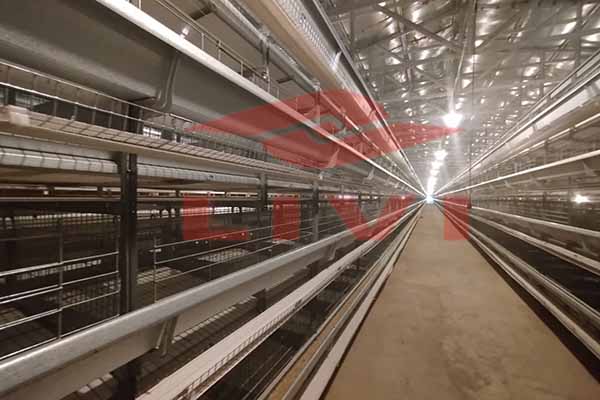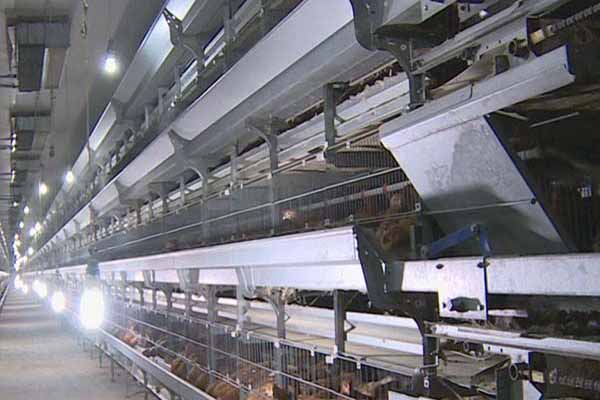Kenyan Chicken Farming Equipment Operation and Training Courses: Enhancing Efficiency and Productivity
Time : 2025-06-27
Chicken farming is a vital industry in Kenya, contributing significantly to the nation’s economy. As the demand for poultry products continues to grow, the need for advanced farming techniques and specialized equipment has become paramount. This article delves into the importance of operation training courses for Kenyan chicken farmers, focusing on the latest equipment and best practices in the industry.

Understanding the Kenyan Chicken Farming Industry
The Kenyan poultry industry has witnessed considerable growth over the past few years. The demand for eggs and meat has increased due to a growing population and urbanization. To meet this demand, chicken farmers need to adopt modern equipment and techniques that ensure efficiency and productivity.
Role of Training Courses in Chicken Farming Equipment Operation
Operation training courses are crucial for chicken farmers looking to enhance their knowledge and skills in managing modern farming equipment. Thes e courses are designed to equip farmers with the necessary practical knowledge to operate various chicken farming equipment effectively.
e courses are designed to equip farmers with the necessary practical knowledge to operate various chicken farming equipment effectively.
Key Topics Covered in Training Courses
- Introduction to Chicken Farming Equipment
- Operational Maintenance of Chicken Houses
- Feeding Systems and Fertilization Techniques
- Chicken Breeding and Selection Methods
- Animal Health and Biosecurity
- Environmental Management and Waste Disposal
- Record Keeping and Farm Management
Benefits of Specialized Chicken Farming Equipment
Specialized chicken farming equipment is designed to streamline various processes, making chicken farming more efficient. Some of the key benefits of using this equipment include:
- Improved Biosecurity: Modern equipment helps reduce the risk of diseases by minimizing human contact with chickens.
- Enhanced Productivity: Automation of feeding, cleaning, and other processes leads to higher production rates.
- Cost-Effective: Although initially expensive, the long-term benefits of using modern equipment often outweigh the initial investment.
- Environmental Impact: Equipment that reduces waste and uses renewable energy sources helps minimize the industry’s environmental footprint.
Best Practices in Equipment Operation
Successful operation of chicken farming equipment requires adherence to certain best practices:
1. Regular Maintenance
Regular maintenance is crucial for keeping equipment in good working condition. This includes cleaning, lubricating, and checking for any signs of wear or damage.
2. Proper Training
Operators must be properly trained to use the equipment safely and efficiently. This includes understanding the machine’s operation, safety features, and troubleshooting techniques.
3. Monitoring Performance
Monitoring the performance of the equipment can help identify issues early and address them before th ey lead to downtime or decreased productivity.
ey lead to downtime or decreased productivity.
4. Adapting to Equipment Needs
Chicken farming operations should adapt their equipment to the specific needs of their farm, such as the size of the flock, space available, and the specific farming goals.
Conclusion
Investing in operation training courses for Kenyan chicken farmers is essential for the growth and success of the industry. By staying up-to-date with the latest equipment and techniques, farmers can enhance their productivity, profitability, and contribution to the nation’s economy.
As the demand for poultry products continues to grow, equipping farmers with the necessary skills and knowledge through training courses will play a crucial role in the future of chicken farming in Kenya.











